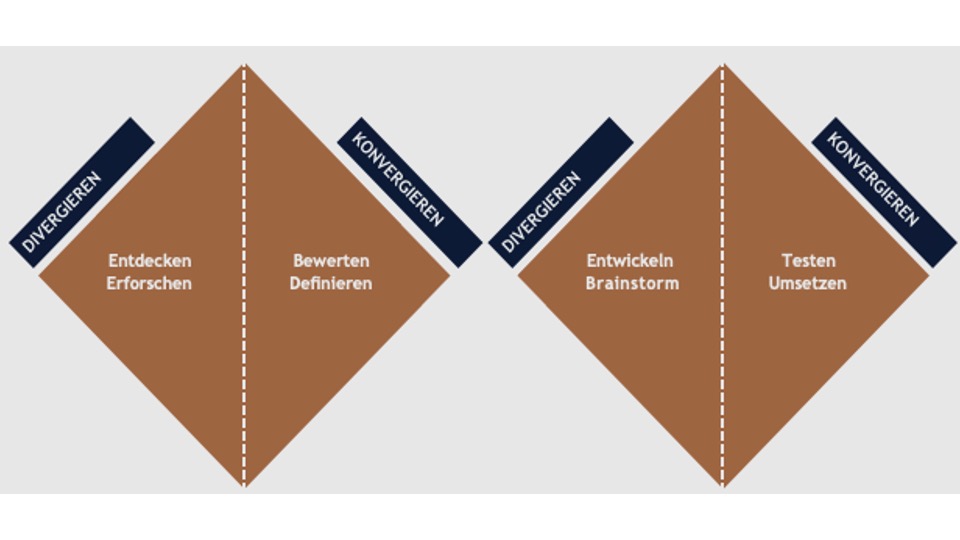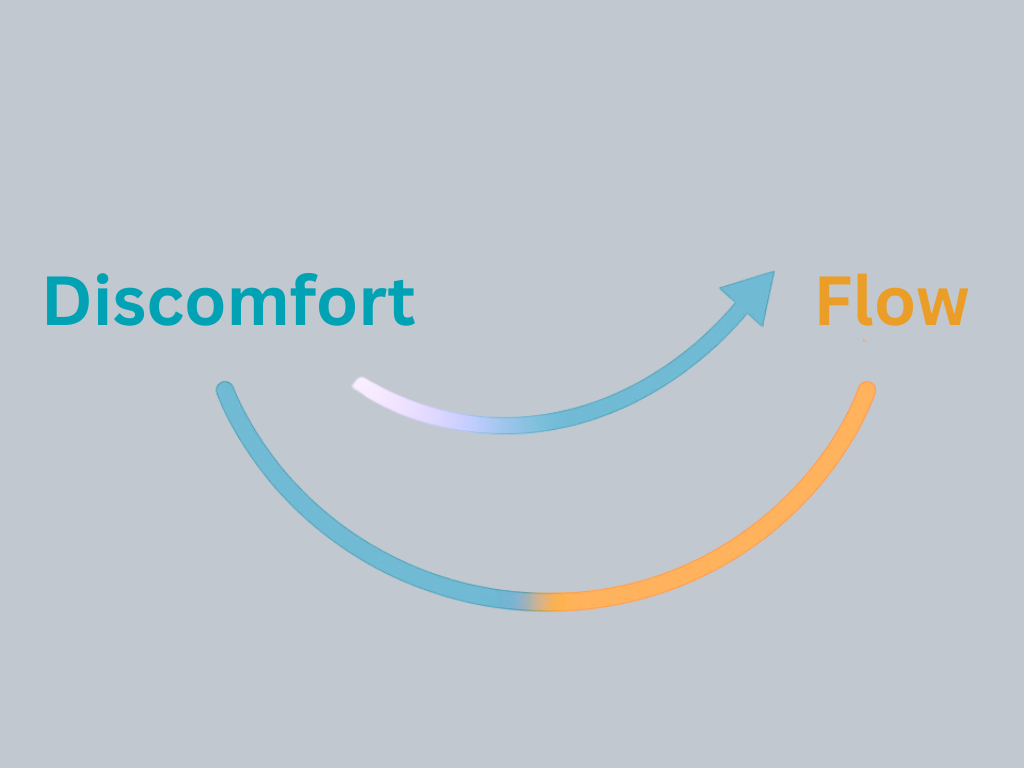You must make no mistakes. It’s engrained in the DNA in so many of us.
I remember one of my earlier bosses saying, “you can make a mistake once, but you better not make it twice!”
He was so right, I thought, and many people were of the same opinion.
How not to make the same mistake twice? I put a lot of pressure on myself not to fail. Somehow it worked, but at what price? Pressure and stress. And why could I not make the same mistake twice? This approach to dealing with mistakes made the whole atmosphere very controlled and rigid for me, as I remember. There is so much more creativity possible if we are not constantly in our “fight” or “flight” mode. The more secure we feel, the more productivity would soar.
It was not obvious to me that that an alternative existed: being kind to myself and others. Impossible! How can you be kind to yourself while failing or making a mistake? Now, being rigid with oneself definitely started in the early days of our lives. It used to be part of school life, education and is still well known in many places. But we can begin to make life and work kinder for ourselves and our colleagues. Compassion is a skill and mindset that can be learned. It basically means adopting a benevolent, accepting and kind attitude to oneself and to others in difficult situations.
There is not a lot I can do when confronted with a critical view of my work by others. However I can steer the impact of that reaction on me. For example by thinking kindly of myself and recognizing that making mistakes is human. The advantage of mistakes is that I can learn from them if I am not rigid and strict with myself and even share my insights with my colleagues for the benefit of the project and its possible innovation impact. Critical to being more compassionate with yourself and with others is being in the present, being mindful of interactions and reactions, and spending time reflecting rather than reacting.
Research shows that this sort of mindfulness has a significant positive impact on creativity and innovation. Because of its benefits, companies such as Cisco, P&G and Facebook are integrating mindfulness training into their learning programs in the workplace. And by the way, leaders can create a positive atmosphere for innovation by being mindful and self-compassionate.
How?
Here is a good book to start with:
“The mind of the leader” by Rasmus Hougaard and Jacqueline Carter
Foto: Unsplash Nick Fewings




